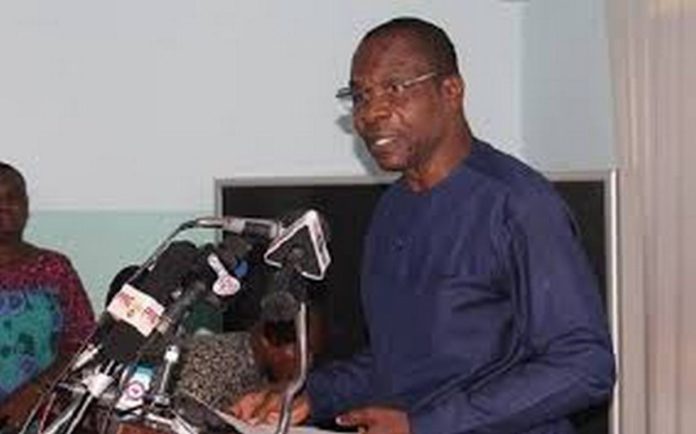The President of the Ghana Journalists Association (GJA), Affail Monney, has stated that the poor conditions of service and at times no remuneration at all for journalists are threats to democracy.
He said while some of the “slave wages of journalists are in arrears” other journalists work without any pay at all and that if journalists were not sufficiently remunerated they could not be diligent to their mandate and dutiful to the public.
Mr Monney made the call when he opened a day’s African Journalists Leaders’ conference in Accra.
It was organised by the Federation of African Journalists and hosted by the Ghana Journalists Association. It was on the theme ‘Building Stronger Unions to Enhance Journalism and Media Freedom.’
Parlance
Referring to a Ghanaian parlance that says that “man must eat, or man must survive” the GJA President said this survival instinct did not justify the “proneness of any poorly paid, heavily owed or zero-salaried journalist to be cheaply bought, easily compromised, nor willfully become a chief of mischief.”
He said just as the Director-General of GBC, Professor Amin Alhassan, had asserted, poorly paid journalists were a threat to democracy because such journalists could not work professionally to help sustain the democratic process if they were not sufficiently empowered, pocket wise, to be diligent to their mandate and dutiful to the public.
Empowered
Former Chairman of the National Media Commission, Kabral Blay-Amihere, who was the chairman for the occasion, said the Ghanaian media, both public and private, were empowered to practice their chosen profession without fear or favour.
He added that citizens of Ghana are also empowered to enjoy and exercise their inalienable right to free speech.
He noted that these freedoms and rights were not secured by anybody’s favour or grace but through guarantees enshrined in the nation’s 1992 Constitution.
“That is the big difference between yesterday and today. If I were a journalist today, I would exploit this freedom to the fullest without fear or favour,” he added.
Vigilance
Mr Blay-Amihere said there was the need for eternal vigilance to protect and consolidate the gains of the struggle by the media, civil society and the general public.
Impunity
“High or petty officialdom who exhibit any form of impunity against journalists must be dealt with severely by the law. Journalists also have a duty to protect press freedom through ethical and responsible journalism,” he added.
Strategies
The two-day confab of leaders of media associations in Africa discussed strategies to shape the media industry on the continent in response to the Covid-19 pandemic which has dealt a terrible blow to jobs and media sustainability.
It also examined the worrisome erosion of media freedom in many countries in Africa and proposed practical measures to reverse the trend.
It will come up with the Accra Declaration that will articulate the future direction of journalism in Africa.

